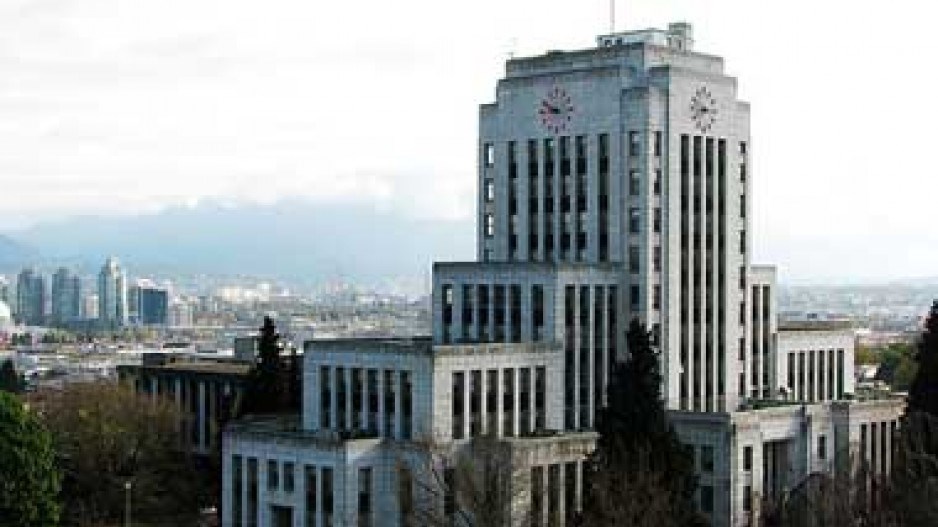Vancouver's already drawn-out viaduct saga might get a bit longer if the City of Vancouver council approves a staff report recommending a sweeping two-year study of the logistics of removing the Georgia and Dunsmuir viaducts.
According to the report, staff will take up to 24 months to investigate and secure agreements with landowners and the provincial government for issues such as land exchanges and environmental remediation requirements. Discussions with community organizations and residents associations will also be part of the planning.
The two viaducts only occupy a five-block area, but are being considered with the context of the city's eastern core – an area bounded by Main Street, Prior and Venables streets, Clark Drive and Great Northern Way.
Concord Pacific and the city are the primary landowners of the area in question, but support from the provincial government must be sought for any soil remediation work.
An increase in park space would be found if the viaducts are removed, as Andy Livingston Park, Creekside Park, the skate park and other land under the viaducts could be consolidated into one.
Furthermore, an additional seven acres of land between Quebec Street and Gore Avenue could be used for real-estate development. According to the report, "conceptual planning" has illustrated the possibility of building a total of 1,000 housing units, of which 20% to 30% would be earmarked for affordable housing. Commercial development is also being considered.
The two-year study, if approved, is expected to cost $550,000.
"In every city's evolution there are rare opportunities to take bold city-building steps to advance the city's goals and livability or correct a past planning wrong. The potential removal of the viaducts provides an opportunity for the City of Vancouver to do both," reads the report.
Councillor Geoff Meggs told Business in Vancouver that the recommended study represents a "turning point" in the viaduct debate and will put council in a position to finally make a decision on their removal.
"We would have been spending this time on this anyways – this had to be done," said Meggs.
"If we were not considering this work we wouldn't be voting on this."
Currently, more than 40,000 cars travel the viaducts every day.




